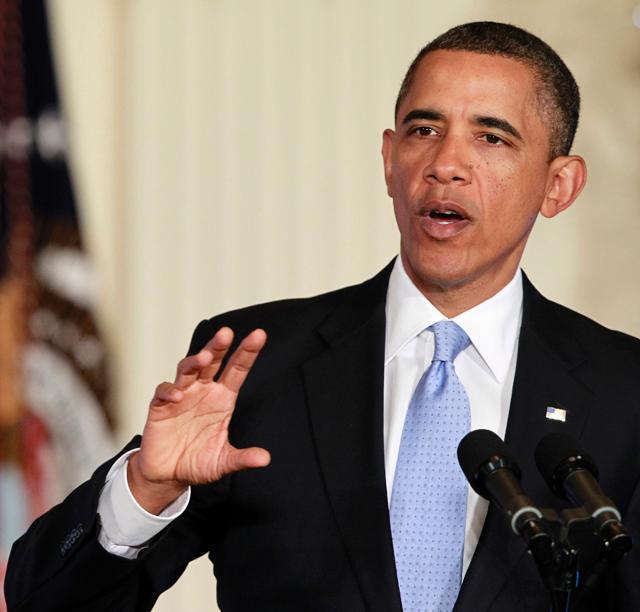Debate over a proposed pipeline extension came to an abrupt halt last week after President Barack Obama rejected TransCanada’s application until a final environmental impact statement is completed.
The president’s decision has been cast as controversial, but it was actually a reasonable response in the face of unnecessary pressure by the GOP.
The Keystone XL extension would expand the existing Keystone network and carry tar-like bitumen from Canadian oil sands to the Gulf Coast, where it would be refined and exported.
The project has faced ardent opposition from environmentalists who rightly argue the pipeline poses serious environmental risks through possible oil leaks and dramatic increases in greenhouse gas emissions.
The pipeline was first proposed in 2008 but has been delayed several times, most recently in November of last year when TransCanada agreed with the governor of Nebraska to move the proposed path around the environmentally sensitive Sand Hills region.
The new route would avoid the Ogallala Aquifer, one of the largest sources of fresh water in the world. The aquifer spans much of the Midwest, provides drinking water for millions of residents and a third of the total water used for irrigation in the United States.
An environmental investigation into the new route was ordered, and any decision on the pipeline application was delayed until the investigation’s conclusion in 2013.
In a blatantly political move, however, Senate Republicans enacted legislation forcing President Obama to either grant or reject the permit in the next 60 days. Faced with only two options, the president erred on the side of caution and rejected the proposal due to the pending environmental investigation.
The decision has allowed Republicans to call the president out on lack of support for infrastructure development and job creation. Republican politicians and pundits have claimed the project could provide anywhere from 20,000 to 250,000 jobs.
These job claims are intentionally misleading and come from a report by the Perryman Group, commissioned by TransCanada itself.
An independent analysis by Cornell University’s Global Labor Institute estimated the number of jobs to be much lower — between 2,500 and 4,650 construction jobs over two years. These numbers are probably too low due to a lack of focus on refinery jobs, but they are more realistic than TransCanada’s most recent numbers.
Both sides of the debate are ascribing too much importance to the president’s decision. The president only rejected the project due to a Republican ultimatum, and he has since urged TransCanada to reapply for its permit, pending the results of the environmental investigation.
While the proposed changes should provide the Ogallala Aquifer better protection from potential spills, environmentalists opposed to the project should not find the president’s decision encouraging.
TransCanada will most likely receive its permit in 2013, regardless of who is in the White House at the time.
Many conservative critics blame the president’s decision on his upcoming reelection campaign. While Obama is certainly in no hurry to grant the permit, since approving the project could alienate his environmentalist constituents, delaying the project until the new route is properly investigated is a perfectly rational decision.
Concerns about possible pipeline leaks are not unfounded, though. The existing Keystone pipeline leaked 12 times last year, and while the majority of these leaks were minor, 21,000 gallons of oil were spilled in a single leak in North Dakota.
In June 2010, a similar pipeline ruptured, spilling more than 1 million gallons of oil into Michigan’s Kalamazoo River. Miles of the river are still closed, and the cleanup cost has totaled $585 million. Costs are projected to rise by at least another 20 percent before the cleanup is completed.
Tar sands pose special challenges compared to conventional oil due to their high concentration of grit and chemical impurities as well as their molasses-like consistency. These properties make oil from tar sands more dangerous to transport and contribute massively to greenhouse gas emission during extraction and refinement.
The president made the right call to protect the American public. Projects like Keystone should only be approved after every potential consequence has been addressed.
—-
Contact Andrew Shockey at ashockey@lsureveille.com
Shockingly Simple: GOP playing politics with Obama and Keystone pipeline
January 23, 2012







